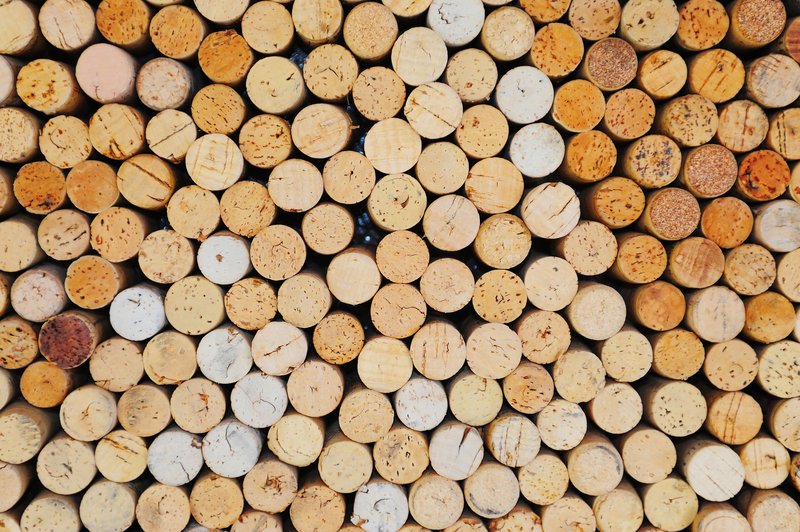In today's environmentally-conscious world, the restaurant industry is increasingly recognizing the importance of managing food waste. With increasing pressure to adopt sustainable practices, innovative technologies and strategies are being developed to address food waste in restaurants effectively. This article delves into some of the most cutting-edge solutions for restaurant food waste recycling, offering readers a comprehensive look at how the industry is adapting to this challenge.
The Growing Problem of Food Waste in Restaurants
The issue of food waste in the restaurant industry is not new. According to the Food and Agriculture Organization (FAO), approximately one-third of food produced for human consumption is lost or wasted globally. In restaurants, both pre-consumer waste (such as kitchen trimmings and expired ingredients) and post-consumer waste (uneaten portions) contribute significantly to this problem.
Why Recycling Food Waste Matters
Recycling food waste is crucial not only for reducing the environmental impact but also for economic reasons. Food waste contributes to greenhouse gas emissions, as decomposing organic matter releases methane. Additionally, by addressing food waste, restaurants can cut costs and improve their bottom line.

Innovative Technologies for Food Waste Recycling
Recent advances in technology have opened up new avenues for effective food waste management in restaurants. Let's explore some of these cutting-edge solutions:
1. On-Site Organic Waste Digesters
These machines break down food waste into water and small amounts of bio-residue, making disposal easier. They use a combination of aeration, natural heat, and microbes to decompose waste rapidly. On-site digesters reduce the volume of waste, limit odors, and cut transportation costs--all while providing an eco-friendly solution.
2. Smart Waste Tracking and Analytics
Smart technology is revolutionizing how restaurants manage waste. Systems equipped with sensors and AI can weigh and track every piece of discarded food. By analyzing this data, restaurants can identify waste patterns and make informed decisions about portion sizes and menu offerings. Over time, these insights help minimize waste and boost profitability.
3. Composting Innovations
Composting remains a popular method for managing food waste, but recent innovations have improved its efficiency. High-speed composters convert food scraps into compost within hours rather than weeks. These units are compact, odorless, and perfect for urban environments where space is at a premium.
Strategies for Reducing Food Waste in Restaurants
Beyond technology, a range of strategies can help restaurants tackle food waste more effectively. These include:
- Optimizing Menu Design: By designing a menu that shares ingredients across multiple dishes, restaurants can minimize waste from unused ingredients.
- Portion Control: Adjusting portion sizes can significantly reduce post-consumer waste without sacrificing customer satisfaction. Offering variable portion sizes also caters to diverse appetites.
- Staff Training: Educating staff about food waste encourages them to adopt more efficient food preparation and storage practices.
- Donation Programs: Partnering with local charities to donate surplus food can prevent waste and support communities.
- Customer Engagement: Encouraging diners to finish their meals or take leftovers home reduces the amount that goes into the trash.
Case Studies: Restaurants Leading the Way
Several restaurants are already leading the charge in food waste recycling, creating blueprints for others to follow.
1. The Sustainable Cafe
This cafe has implemented an on-site digester and composting system, drastically reducing its waste footprint. By regularly analyzing waste data, they have refined their menu and portion sizes to further cut waste.
2. The Green Plate Initiative
A full-service restaurant that uses smart sensors to track waste patterns, The Green Plate Initiative has reduced its waste by 30% in the past year. This data-driven approach has optimized their ingredient usage and minimized spoilage.
3. Community Kitchen Concepts
By establishing a partnership with local food banks, this establishment not only diverts surplus food from landfills but also strengthens community ties.

The Future of Food Waste Recycling in Restaurants
The future of restaurant food waste recycling looks promising, with the potential for even more advanced solutions on the horizon:
- AI-Driven Automation: Automated systems will continue to evolve, providing real-time waste management solutions that are both efficient and user-friendly.
- Advanced Bioplastics: Development of compostable packaging will complement food waste efforts, minimizing the environmental impact of the overall waste stream.
- Blockchain Technology: This could offer improved traceability and transparency in food supply chains, ensuring more efficient use of resources.
- Government Initiatives: As awareness grows, regulations and incentives are likely to increase as governments seek to encourage sustainable practices.
By adopting these cutting-edge solutions, restaurants can significantly reduce their food waste, benefitting both their business and the environment. As the industry continues to evolve, embracing technology and innovative strategies will be crucial in shaping a sustainable future.
Conclusion
Addressing food waste in the restaurant industry is essential for sustainability, cost management, and community involvement. By leveraging modern technologies and strategies, restaurants can lead the way in food waste recycling. As these innovative solutions become more widely adopted, the potential for a greener, more efficient industry is within reach. This not only positions restaurants as responsible stewards of the environment but also sets an example for other sectors to follow.